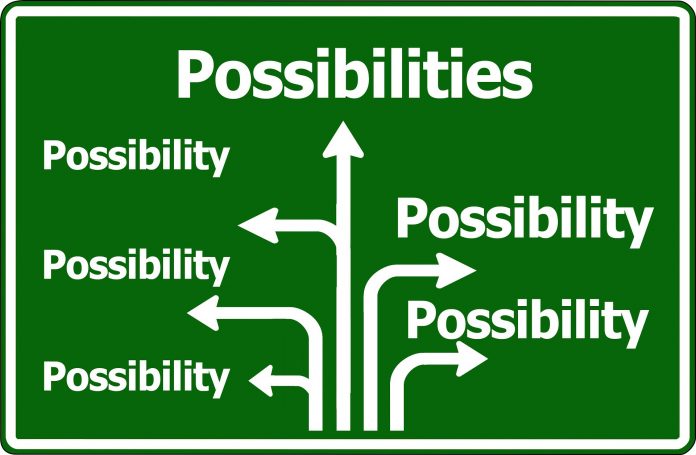
In a post on Writers Helping Writers, Michelle Barker offers advice on writing the dreaded synopsis. “Many authors would rather write a whole new novel than cram the one they’ve already written into a five-hundred-word summary,” Barker writes. “The reason they’re hard is because, more than any other tool available to us, they show us what’s wrong with the novel we’ve labored over for months, if not years.”
Your synopsis reveals unnecessary scenes, missing segments, info dumps, and unexplained character change. “That’s why most agents ask for one,” Barker says. “Reading a synopsis is the quickest way to know if a novel will work or not. It’s also the surest way to find out if the author knows what they’re doing when it comes to things like structure, causality, story arc and characterization.”
If your plot lacks a but-therefore chain, your synopsis will show it. Same with poor goals, lack of stakes, or a weak antagonist. “If you wonder why your novel is getting rejected time and again, now you know,” Barker says. “Even if the premise is great—which it may well be—if you can’t execute it because of developmental issues, forget it. No one will ask to read it.”
Fortunately, mastering structure can help you fix these problems and conquer the synopsis. One way is to reverse the process: Write the synopsis first. That’s not as much fun as start to write immediately after you get your story idea, but it will help you identify structural weak points and avoid getting stuck in the middle of your story without any story.
“There’s no wrong way to do it,” Barker writes. “What you want to make sure you do, however, is list the essential structural elements of a novel and make sure you know what each of them will look like in your story. You’ll also want to make sure your protagonist’s goal is clear, specific, and quantifiable, and that the reader knows in the end whether the protagonist got what they wanted.”
It might seem like a lot of work, but it will be easier to find problems before you’ve written 10,000+ words and you’ve committed to your characters and scenes. “Save yourself the heartache of rejection,” Barker says. “Start at the end and give yourself a solid foundation to work with.”











